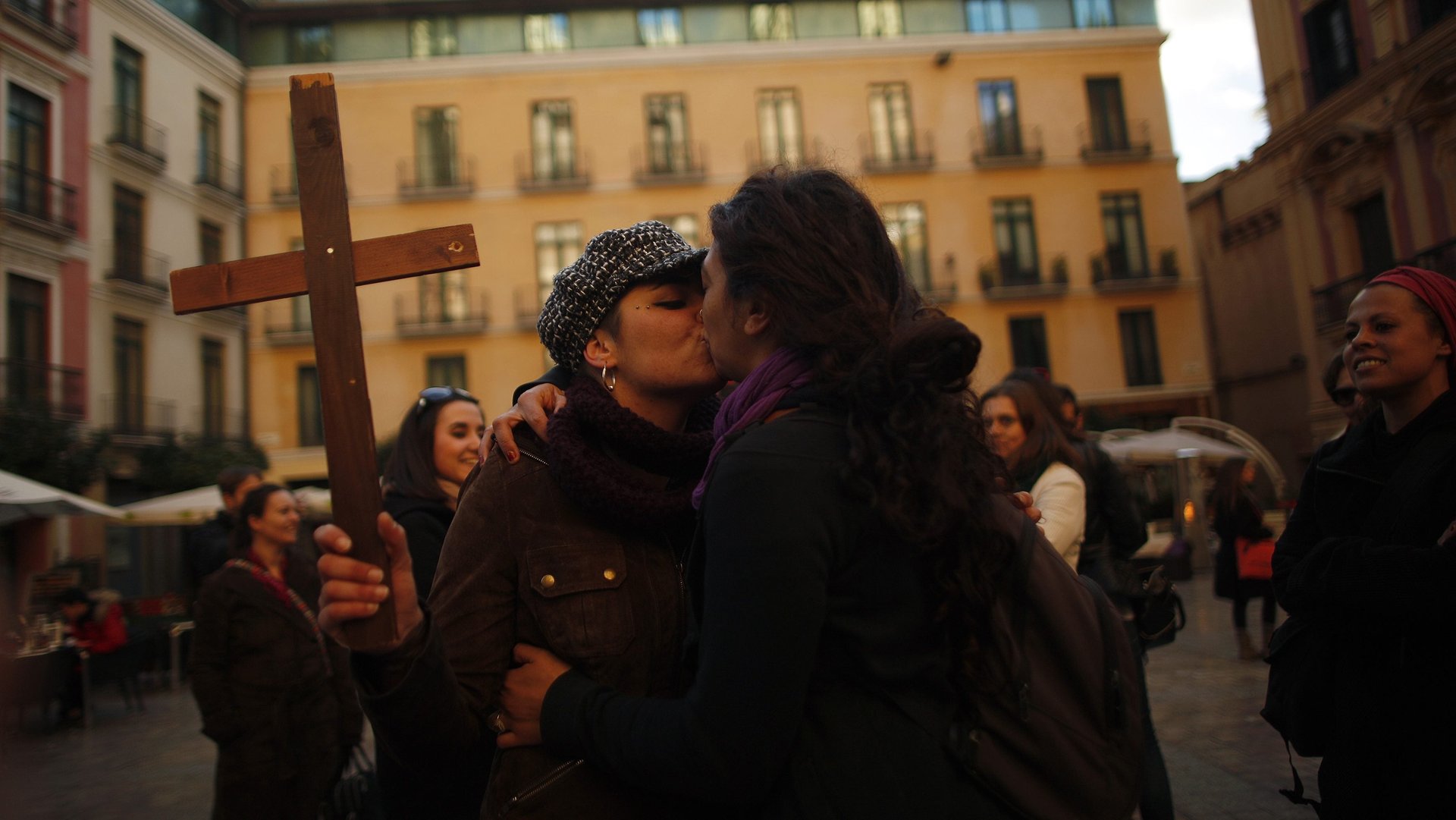Catholic Church chooses Pride Month as good time to come out against gender science
It’s Pride Month, and all over the world—sometimes defying government oppression—the LGBTQ community and their allies are celebrating, discussing, and fighting for awareness and acceptance.


It’s Pride Month, and all over the world—sometimes defying government oppression—the LGBTQ community and their allies are celebrating, discussing, and fighting for awareness and acceptance.
So the Vatican thought this would be a good time to publish its first-ever paper (pdf) on the subject of gender science. The paper is titled, “Male and female he created them” and it further brings into question the reputation of Pope Francis as a reformer.
In recent years, scientists have come to agree that anatomy does not determine gender. Further, scientists agree now that gender should not be defined only in binary terms. Gender instead stretches along a vast continuum. In its paper, the Vatican rejects this notion, at one point calling the idea “fictitious,” and repeats antiquated beliefs that gender is either one thing or the other and nothing in between. The paper goes on to say that sexual orientation is a choice.
The paper outlines an education-centered strategy to oppose gender theories originating from what the Church critically labels “a strong emphasis on the freedom of the individual.” Catholics, the paper says, have a responsibility to promote teachings that reaffirm the value of traditional gender roles, and the identification of gender with sex assigned at birth. It is not so much the individual’s choice to live outside traditional gender roles that should be challenged, the paper says, but rather the deliberate effort to make such choices acceptable and justified by the broader society.
The paper goes on to list the damaging effects the Church believes queerness and gender fluidity have on families. It also conflates gender queerness and non-monogamous relationships, saying for instance that “the duality in male-female couples is furthermore seen as in conflicting with the idea of ‘polyamory.'” This is not necessarily true, as non-monogamous relationships can coexist with gender conforming roles.
In the paper, the Church acknowledges the importance of sexuality as part of human identity, which is nice. But then it negates the right of individuals who don’t fit into specific gender norms to embrace their own sexuality, and denies the existence of identities that are not simply male and female, or that are at odds with sex assigned at birth:
The Christian vision of anthropology sees sexuality as a fundamental component of one’s personhood. It is one of its mode of being, of manifesting itself, communicating with others, and of feeling, expressing and living human love. […] In fact, it is from [their] sex that the human person receives the characteristics which, on the biological, psychological and spiritual levels, make that person a man or a woman, and thereby largely condition his or her progress towards maturity and insertion into society.
The paper acknowledges that something positive has emerged from the demands of accepting people regardless of their gender and orientation: the concept of respecting every person, for instance, and of embracing femininity.
But in actuality the Church’s position refuses to grant every person respect. It proposes, in fact, to use education to deny people the freedom to live the gender with which they feel most comfortable. It also reinforces gender stereotypes beyond nonconformity, and underscores the idea that women are inclined toward motherhood, service, and sacrifice, equating their social value with “a kind of affective, cultural and spiritual motherhood which has inestimable value for the development of individuals and the future of society.”